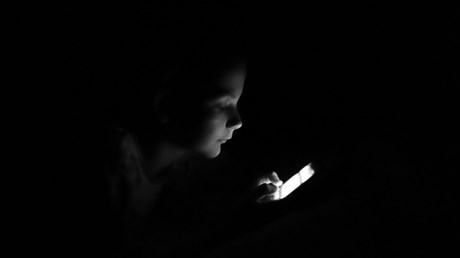As some Christian advocates fight for age verification, others say it’s parents’ responsibility to monitor.

When parents ask Chris McKenna at what age they should give their kid a smartphone, he has a stock answer: “the age you want them to see porn.”
The former youth pastor started Protect Young Eyes, a nonprofit that teaches tech safety to schools, businesses, churches, and parents, in 2015 after he became concerned about the dissolving barriers between pornography and young people.
“I was watching for the first time in human history as we were putting the internet in the pockets of kids,” he said, “and that terrified me.”
In the years since, the average age at which kids are first exposed to pornography has trended younger. Researchers estimated in 2021 it was somewhere around 11.
As data continues to show the harms of viewing porn, particularly for children, support for stricter legal limits on pornographers has grown. McKenna’s job description as head of Protect Young Eyes has grown too—it now includes political advocacy.
In 2019, McKenna testified before the US Senate Judiciary Committee, recommending lawmakers hold tech companies responsible for making safety filters and parental controls on their devices easier to use.
This year, McKenna consulted with lawmakers and testified before legislators in several states in support of new age-verification laws, which require porn websites to verify their users are 18 or older. Seven states—Texas, Louisiana, Utah, Mississippi, North Carolina, Arkansas, and Virginia—passed age-verification laws this year.
In Texas, McKenna helped lawmakers draft what became House Bill 1181, which Gov. Greg Abbott signed into law over the summer. The measure was immediately challenged on First Amendment grounds, and a district court judge struck ...
from Christianity Today Magazine
Umn ministry


.gif)

.gif)
.gif)
